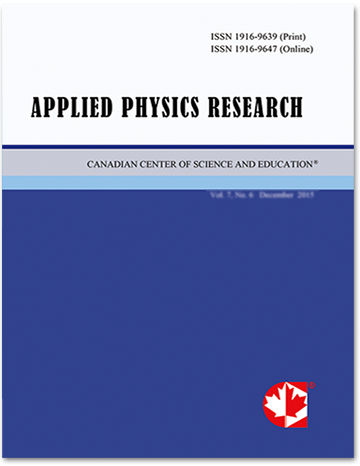Revisiting the Universe Expansion and Dark Energy Problem
- John G. Bartzis
Abstract
The prevailing cosmological consensus supports an accelerating universe driven by dark energy, typically modeled as a cosmological constant. However, ongoing observational tensions—such as the Hubble constant discrepancy—and theoretical inconsistencies, including the cosmological constant problem, call for a fresh conceptual approach. This work introduces a new framework grounded in two core hypotheses: (1) that the Hubble parameter evolves inversely with the age of the universe, and (2) that dark energy dynamically balances gravitational attraction in accordance with Newton’s third law. Under this model, the universe expands at a constant rate (zero acceleration), supported by a continuous inflow of vacuum energy characterized by a universal constant energy rate (ER). The framework reproduces energy density values consistent with quantum field theory at Planck scales and offers a potential resolution to both the cosmological constant and Hubble tension problems. Further analysis shows that the energy rate (ER) can be parameterized using Planck units, naturally leading to quantized interpretations of time and energy. This supports a view of spacetime underpinned by discrete Planck-scale structures and aligns with emerging perspectives from quantum gravity. Preliminary comparisons with observational H(z) data show promising alignment, supporting further investigation into the framework's validity and implications for cosmological theory.
- Full Text:
 PDF
PDF
- DOI:10.5539/apr.v17n2p141
Journal Metrics
Google-based Impact Factor (2017): 3.90
h-index (November 2017): 17
i10-index (November 2017): 33
h5-index (November 2017): 12
h5-median (November 2017): 19
Index
- Bibliography and Index of Geology
- Civil Engineering Abstracts
- CNKI Scholar
- CrossRef
- EBSCOhost
- Excellence in Research for Australia (ERA)
- Google Scholar
- Infotrieve
- LOCKSS
- NewJour
- Open J-Gate
- PKP Open Archives Harvester
- SHERPA/RoMEO
- Standard Periodical Directory
- Ulrich's
- Universe Digital Library
- WorldCat
Contact
- William ChenEditorial Assistant
- apr@ccsenet.org
